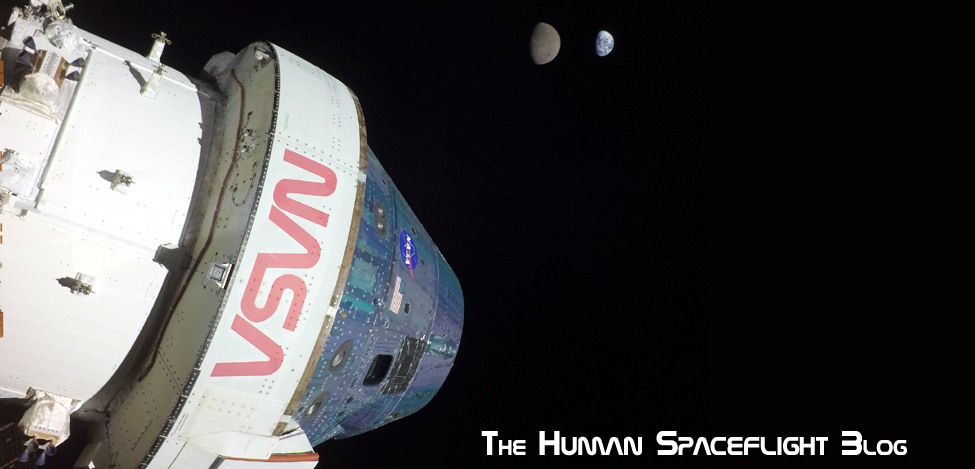Prevention of environmental disasters: Remote sensing satellites allow us to monitor the ozone hole, global warming, air, water and ocean pollution, the effect of oil spills on the melting of the ice caps, the loss of rain forests and other environmental threats to human survival. These systems can help us trace our recovery from the worst environmental threats and improve our quality of life.
Creating a global network for modern communications, entertainment and networking: Advanced satellites provide global connectivity by means of the telephone, fax, the Internet, radio and television. Such connectivity extend far beyond the reach of fiber optic cables. Eleven thousand television channels are now available via satellite and well over 200 countries and territories are linked via satellite.
Global education and health services: Over 2 billion of the 6 billion people in our world today lack formal educational systems, health care services, potable water or power. The only way to provide global education and health care services in coming decades at reasonable cost and broad coverage is via space-based communication systems. Socrates once said, "there is only one good: knowledge, and only one evil: ignorance." In an age of terrorism and great intolerance, the need for global education is ever more important.
Cheap and environmentally friendly energy: NASA scientists and engineers already have gone a long way to developing space technology that can provide unlimited low cost energy from space. The operational systems, however, still need to be developed and proven in practice.
Transportation safety: The 6,000 commercial airplanes that are aloft at one time during peak periods in the U.S. depend on satellite navigation for safe operation. New systems can provide better fuel efficiency, earlier warnings of safety hazards and alert of terrorist attack. This is but one of the ways that future space systems can provide greater transportation safety in decades to come.
Emergency warning and recovery systems: The ability to warn populations of pending dangers from hurricanes, monsoons, tidal waves, fires and earthquakes are increasingly dependent on space-based systems. Further rescue operations, from emergency communications to disaster assessment to recovery operations, are dependent on satellite networks as well. Protection of our information networks from cyberterrorists: Many of our current electronic information networks that control transportation systems, energy grids, banking systems and governmental databases are vulnerable. Public key infrastructure systems are in need of upgrade. New types of security systems based on GPS location and encryption systems are dependent on space-based systems.
National defense and strategic security: Space has been called the high frontier. National security systems are increasingly based on smart technologies and instruments that operate in outer space. Ever since Operation Desert Storm, military operations are based heavily on space systems and future systems will be even more so.
Protection against catastrophic planetary accidents: It is easy to assume that an erratic meteor or comet will not bring destruction to the Earth because the probabilities are low. The truth is we are bombarded from space daily. The dangers are greatest not from a cataclysmic collision, but from not knowing enough about solar storms, cosmic radiation and the ozone layer. An enhanced Spaceguard Program is actually a prudent course that could save our species in time.
Creation of new jobs and Industries -- a new vision for the 21st century and a mandate to explore truly new frontiers: Most of the economically advanced countries such as Japan, Canada, Australia and Europe, not to mention China, India and Russia, use their space programs to stimulate their economy, expand their educational and health care networks, improve their agriculture, upgrade their information networks, enhance their entertainment networks and create new jobs. In this respect the U.S. space program now spends precious little of its resources in these areas, but it once did and it could again. These are only some of the ways that space programs could help create a better future for generations yet to come, but it is an impressive list that impacts every American. Space is actually our future. Some would argue that space is the next great step forward for a pioneering nation that sees the need for advancement and discovery. In Nebraska a historical display dedicated to the pioneers that went out West notes that the cowards stayed home but the brave died seeking a better tomorrow. Now is the time to assess our values and our aspirations. It is time to truly ask some key questions:
Why explore space and why send humans into space?
Why does the U.S. space program spend the money it does?
Why does the U.S. space program use the resources it has the way it does?
What is the U.S. space program’s role in terms of education, health care, energy and job creation?
Why is there not more international cooperation in space activities?
Should the U.S. government, at all levels, not realize it needs to do a better job telling us why space and space research, exploration and applications are key?
Courtesy of Space.com

No comments:
Post a Comment